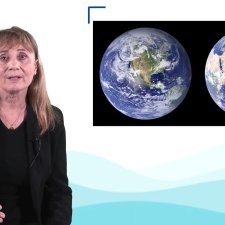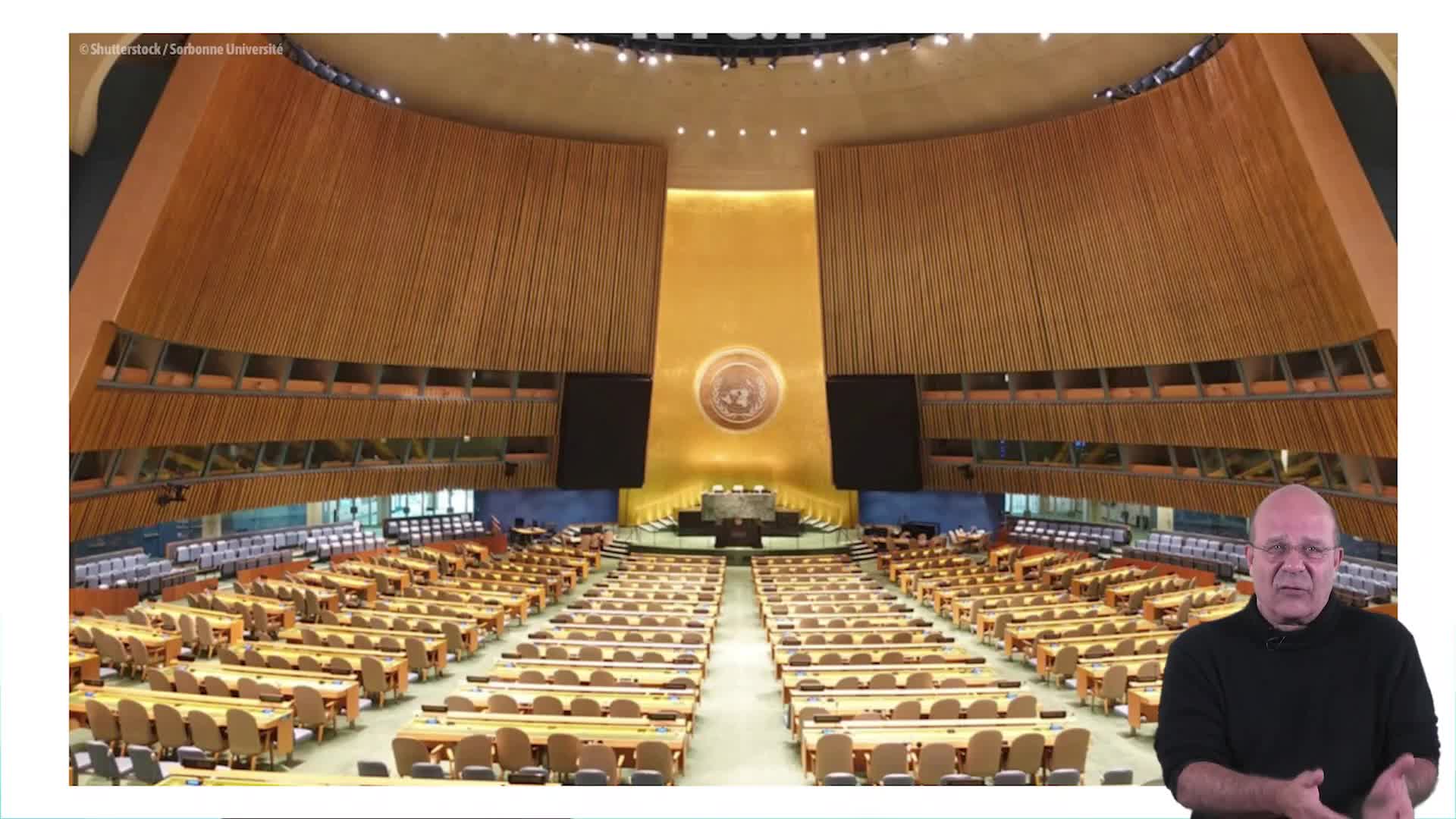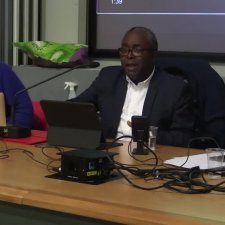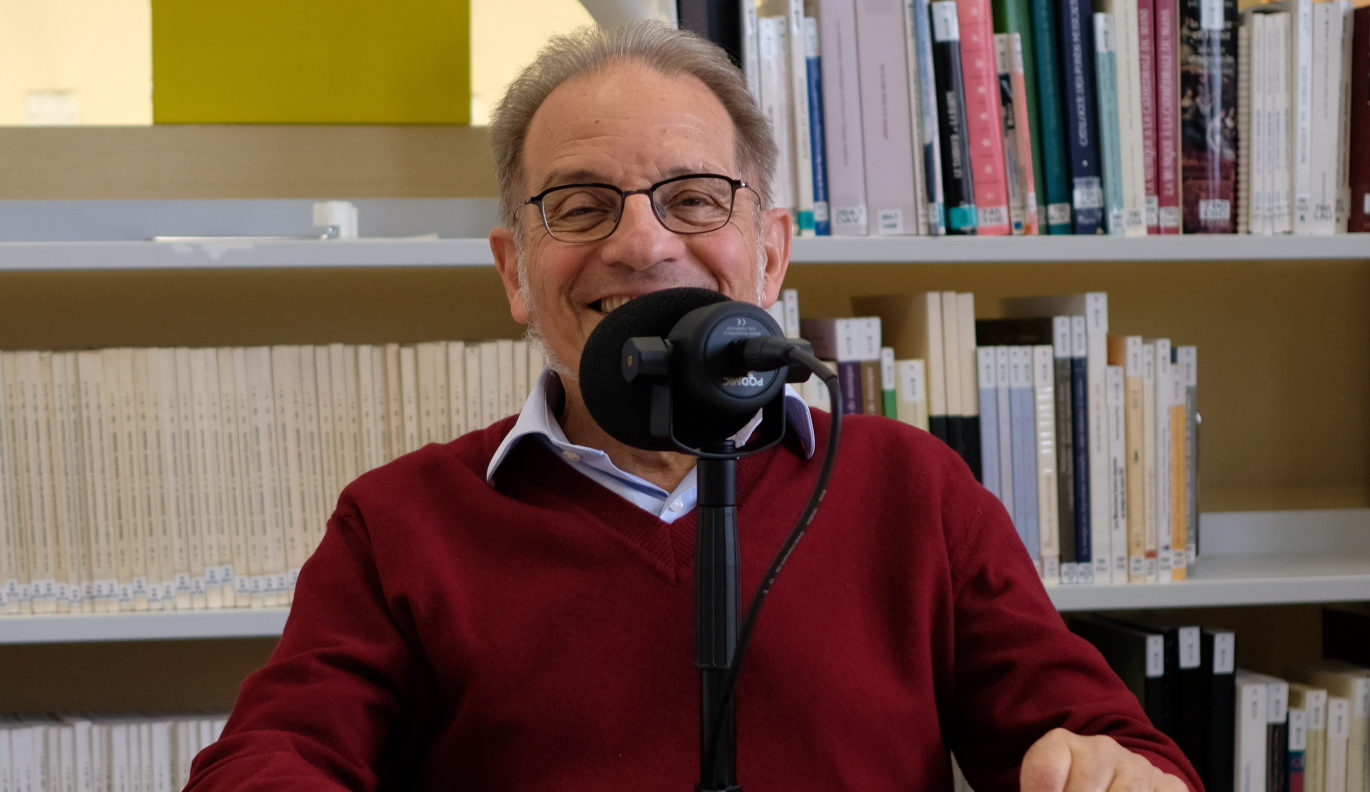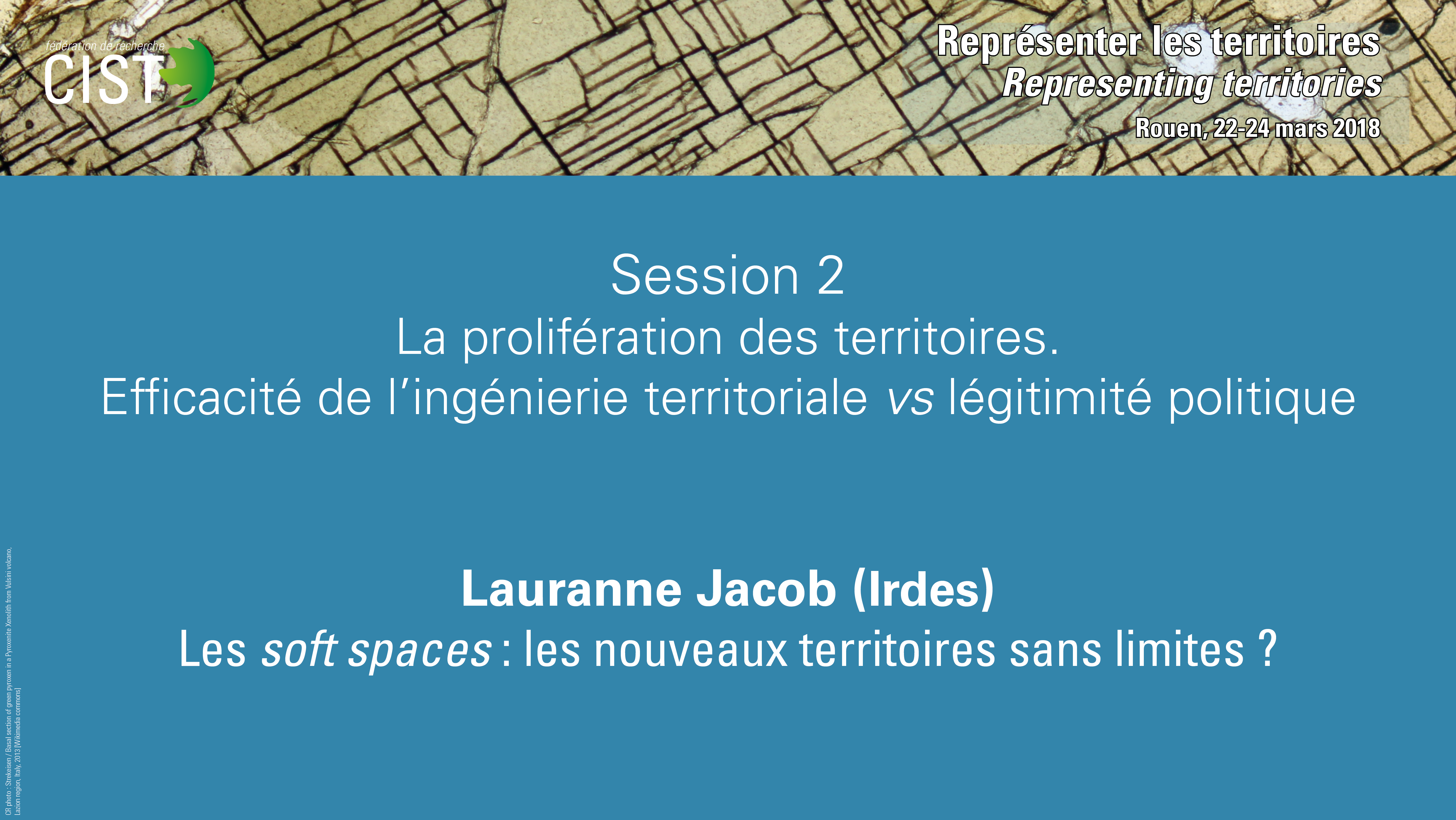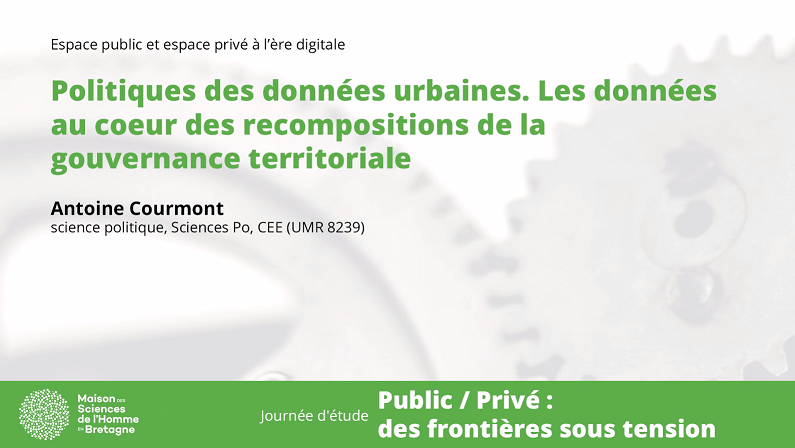Notice
Understanding the Post-Failed Coup Turkey: From State of Emergency to Permanent State of Exception
- document 1 document 2 document 3
- niveau 1 niveau 2 niveau 3
Descriptif
Séminaire « Sociologie politique de la Turquie contemporaine »
Turkey is currently ruled under a state of emergency declared soon after the failed coup attempt of 15 July 2016 and extended recently for another three months by late April. Throughout the nine months of the state of emergency that have provided Turkish state elites with sweeping new powers, the Turkish government has issued several decrees having the force of law without any oversight by the national parliament. Drawing on these decrees, nearly 150,000 people were fired, suspended or arrested, several left-wing and pro-Kurdish radio and television outlets were closed, dozens of academics calling for resumed peace talks in the Southeast of Turkey were dismissed, several columnists and journalists were imprisoned. Although the Turkish government announced that the emergency decrees would solely be about the attempted coup-related issues, the titles and content of the decrees were defined in a way as to target diverse opposition groups in Turkey.
This conference argues that Turkey is about to fall into the ‘emergency trap’ where the state of emergency has turned out to be a permanent ‘state of exception’ institutionalized through excessively securitized practices of the Turkish statecraft. Following Agamben, the state of exception (SoE) may be defined as a paradigm of government where the laws and norms of democratic regime are suspended by state elites demanding not to be held responsible as they break these laws and norms when facing a crisis. With the recently approved constitutional amendments granting considerable executive and legislative powers to presidency, the SoE is about to institutionalize as the dominant paradigm of rule in contemporary Turkish politics. These constitutional amendments grant the president the authority to issue decrees having force of law in a wide range of issues, to declare the state of emergency, to dissolve the parliament and recognise a broad authority over the judiciary.
While in European cases SoE has been applied as temporary suspension of the laws in force and has not led to a radical reorganization of the juridical and political order, in Turkey it is instrumentalized by the Turkish ruling elite to replace the parliamentary system with the presidential one. This shift is justified through an excessively securitized discourse where Turkey is waging its second war of independence against diverse terrorist organizations supported by the Western states. Evidence from the Turkish case reveals that there exists an intimate relationship between securitization and the ‘state of exception’. It also shows that the demand for exceptionalism is voiced by the ruling elite as well as other securitizing actors including pro-government media outlets, social media commentators and trolls allegedly linked to the ruling Justice and Development Party (AKP) government.
Avec les mêmes intervenants et intervenantes
-
[CITOYENNETÉ] Introduction des journées
BalciBayramKayaSümbülFrance - Turquie : les voies de la citoyenneté 9-11 octobre 2018 Bayram Balcı (IFEA) Mot de bienvenue Sümbül Kaya (IFEA) Introduction des journées
-
[CITOYENNETE] Débat d’idées
KayaSümbülGülalpHaldunDéloyeYvesColloque France-Turquie : les voies de la citoyenneté 9-11 octobre 2018 Modératrice : Sümbül KAYA Yves DÉLOYE (Sciences Po Bordeaux) Les métamorphoses et paradoxes de la citoyenneté au XXIe siècle
Sur le même thème
-
Un océan en commun
ChlousFrédériqueFrédérique Chlous, professeure du Muséum national d'Histoire naturelle, discute dans cette vidéo de la perspective d'un océan en commun.
-
Chercheurs, citoyens et politiques : agir pour l'océan
PrazuckChristopheChristophe Prazuck, directeur de l'Institut de l'océan à Sorbonne Université, discute dans cette vidéo des leviers permettant de lutter contre la transformation de l'océan.
-
Table ronde 1 / Utopistics in an Age of Uncertainty?
WilliamsGregory P.Table Ronde 1 | Synthèse de l'œuvre d'Immanuel Wallerstein Intervenant : Gregory P. Williams (par zoom), Utopistics in an Age of Uncertainty Modérateur : Thierry Paquot
-
Conférence du Pr Francis Akindès, discutée par le Pr Didier Péclard. Gouvernance démocratique en Af…
AkindèsFrancisPéclardDidierEgrotMarcChampyMurielMazzellaSylvieConférence du Pr Francis Akindès, discutée par le Pr Didier Péclard. La gouvernance démocratique depuis 1990 en Afrique : les sociétés en travail. Campus Saint-Charles, Aix-Marseille Université,
-
L’enquête pluraliste et participative contre la confiscation technocratique du pouvoir. Repenser la…
LorinoPhilippeFace à la confiscation technocratique du pouvoir, comment repenser la gouvernance et le management des Etats et des organisations ?...
-
Martial Vialleix, Clarence Bluntz - L'espace dans l'impasse : le développement durable des métropol…
En France, la gouvernance de l'espace se conçoit et se concrétise quasi exclusivement au prisme de l'idéologie du territoire. Phagocyté par des processus géopolitiques, le territoire est également
-
Lauranne Jacob - Les soft spaces : les nouveaux territoires sans limites ?
Partant de l'observation concrète de terrain selon laquelle les territoires de projets ou d'actions se multiplient et que la gouvernance territoriale suit le mouvement en s'adaptant et en
-
Conférence plénière - La transformation vers la soutenabilité, de la théorie à la pratique : la ZAT…
Conférenceen plénière La transformation vers la soutenabilité, de la théorie à la pratique : la ZATA, un modèle d'étude et d'action pertinent et efficace. Le cas des pêcheries et de la conservation
-
Gouvernance et changements de trajectoire au sein du Domaine national de Chambord : un territoire e…
SESSION 9 - Gouvernance et trajectoires des socio-écosystèmes
-
Le réacteur politique : un cadre d'analyse pour la gouvernance des systèmes socio-écologiques (Argo…
SESSION 9-Gouvernance et trajectoires des socio-écosystèmes
-
Session 9 : Communications posters
5e colloque des Zones Ateliers – CNRS - 2000-2020, 20 ans de recherche du Réseau des Zones Ateliers
-
Session 2. Politiques des données urbaines
Co-président·es de session : Hélène Bailleul, géographie-aménagement, Université Rennes 2, ESO (UMR 6590) et Didier Chauvin, information communication, Université Rennes 2, PREFics/CERSIC (EA 7469


![[CITOYENNETÉ] Introduction des journées](https://vod.canal-u.tv/videos/media/images/ifea/.citoyennet.introduction.des.journees_46783/vignette.jpg)
![[CITOYENNETE] Débat d’idées](https://vod.canal-u.tv/videos/media/images/ifea/.citoyennete.debat.d.idees_46789/vignette.jpg)
